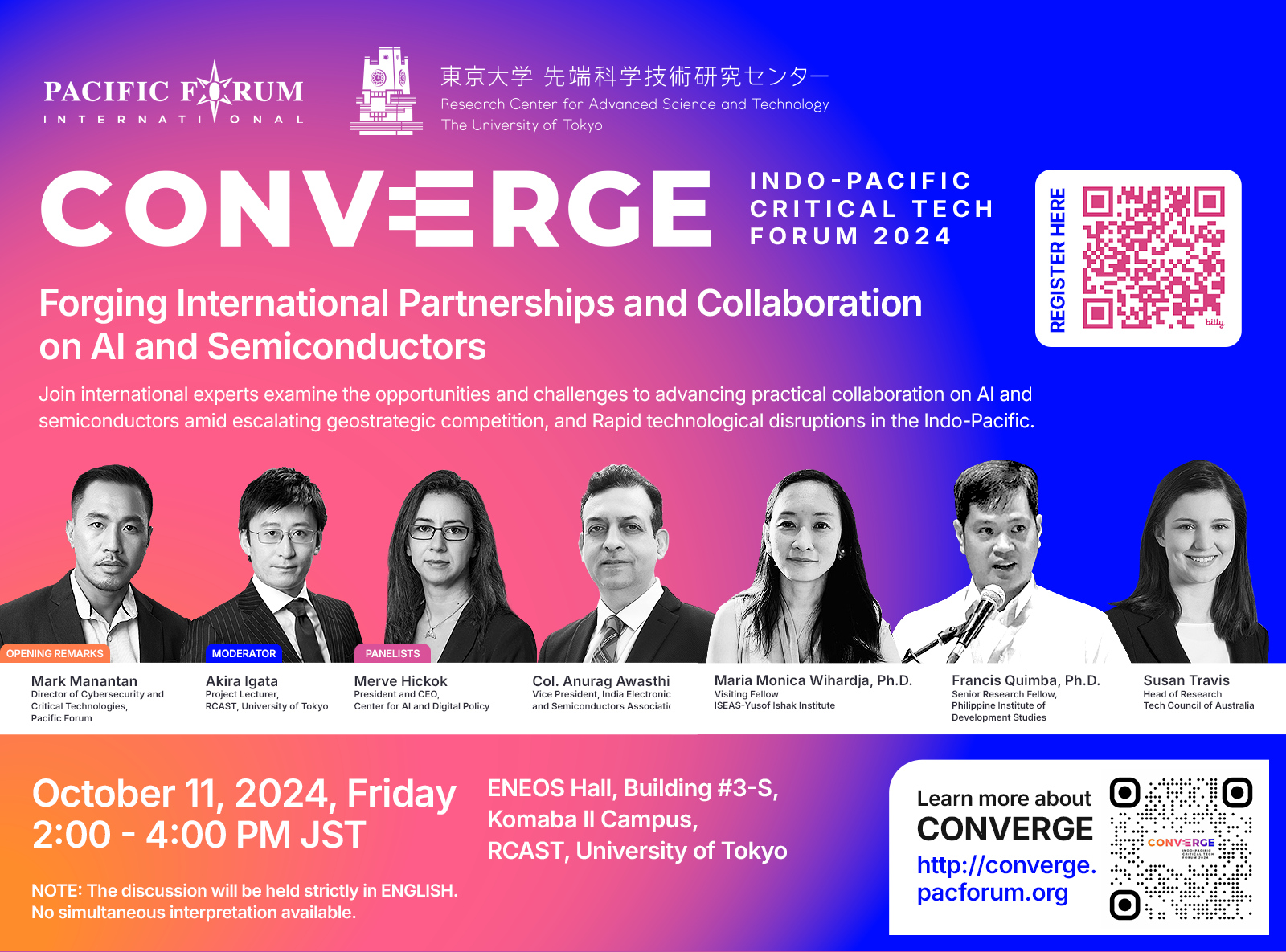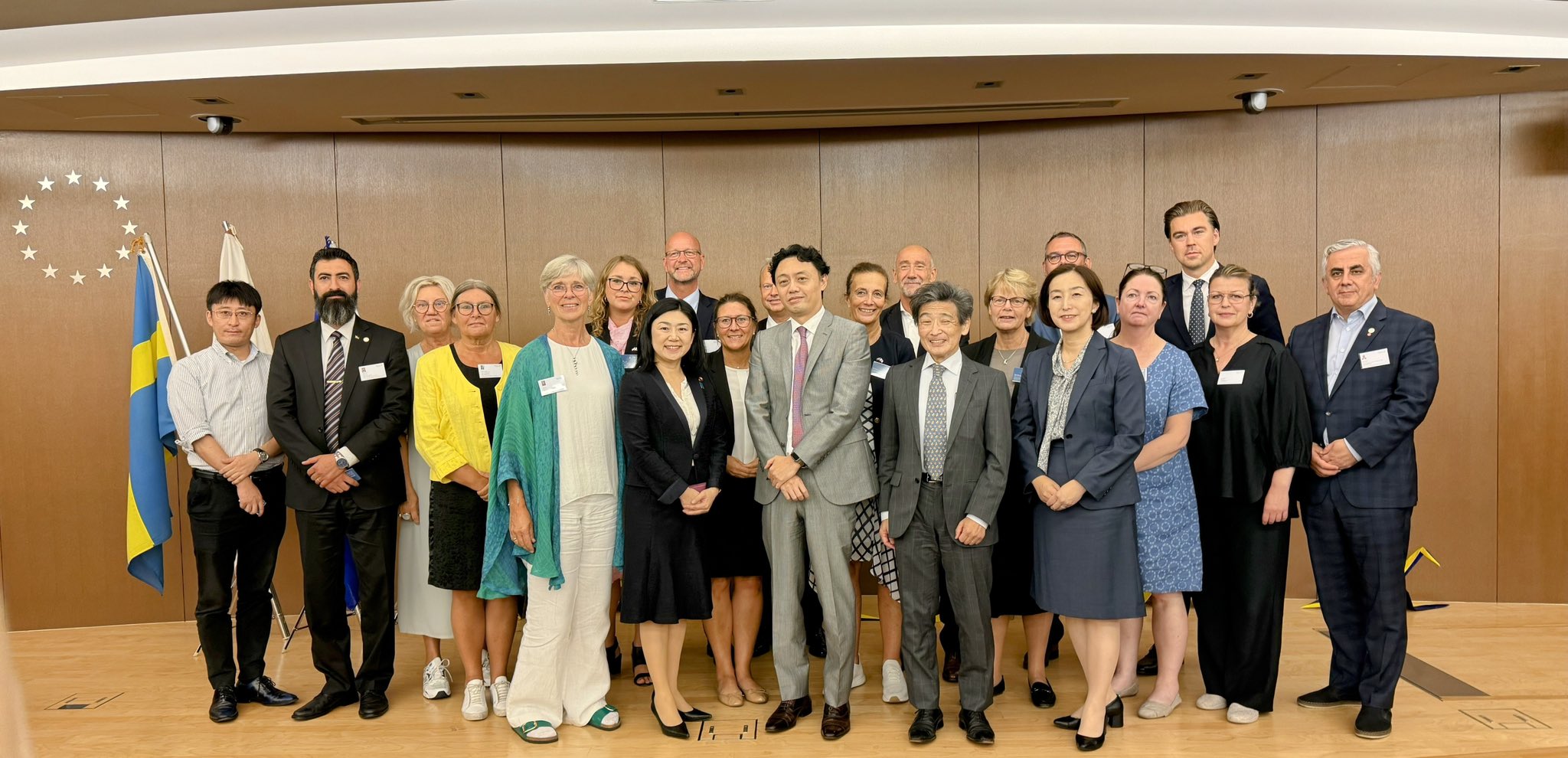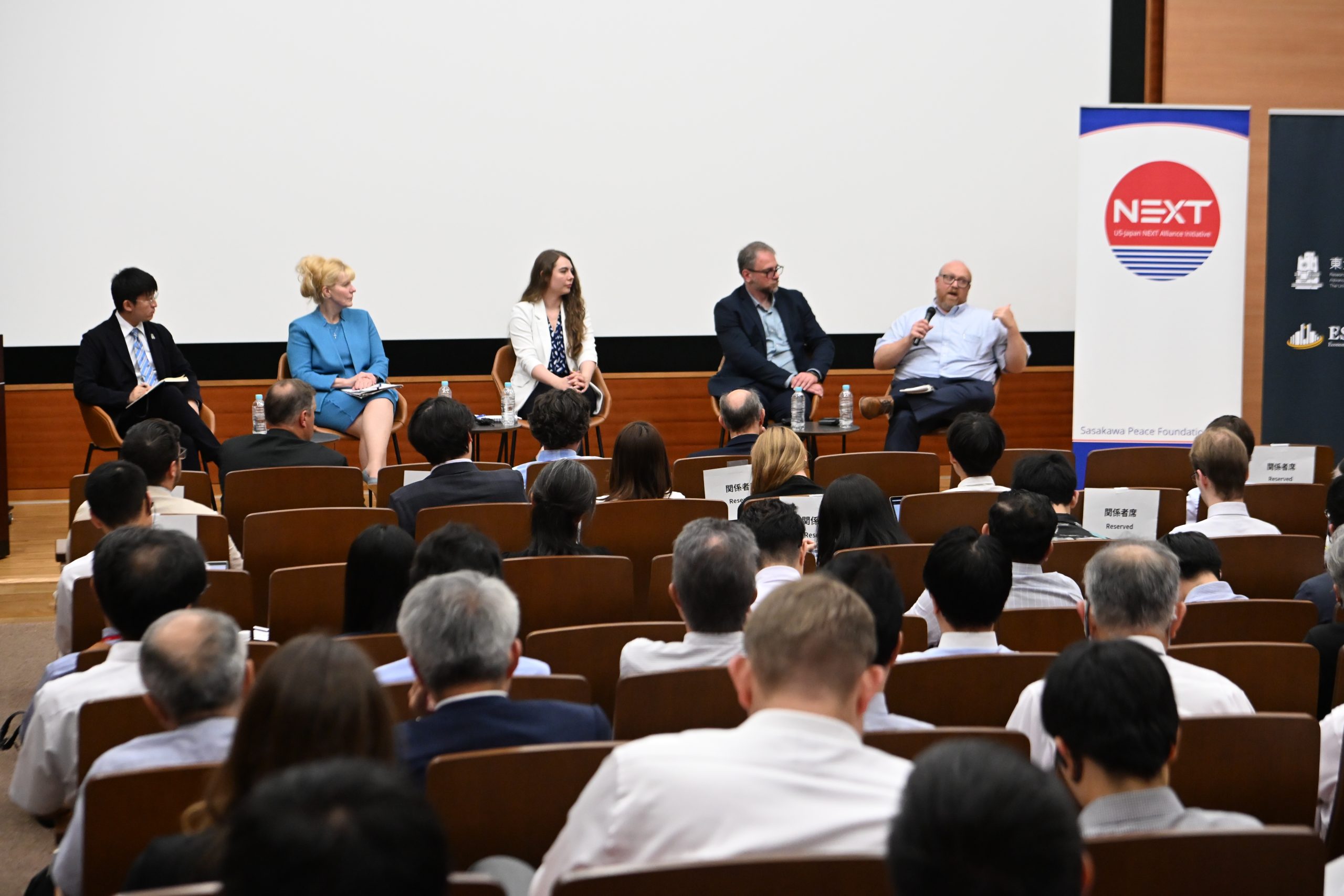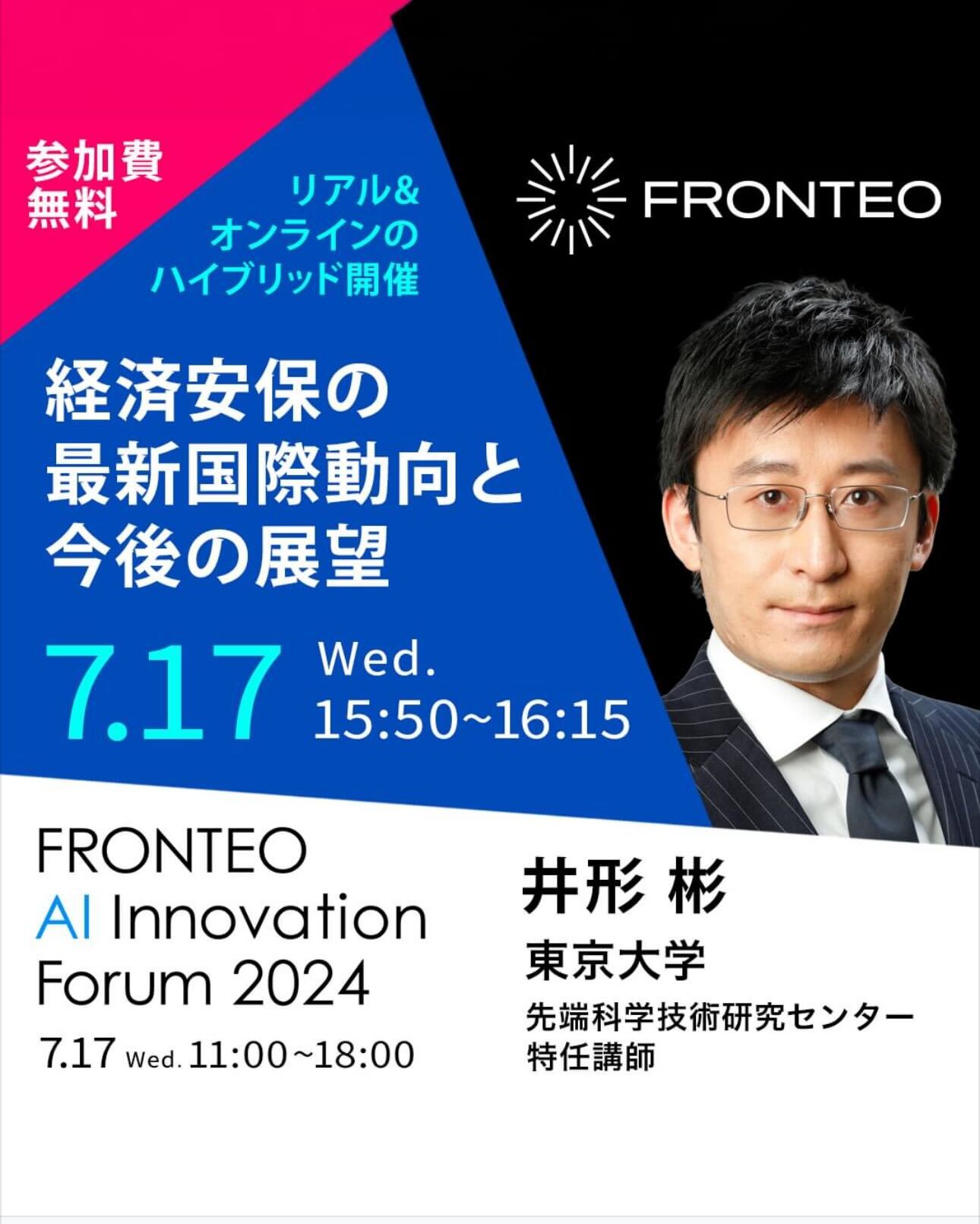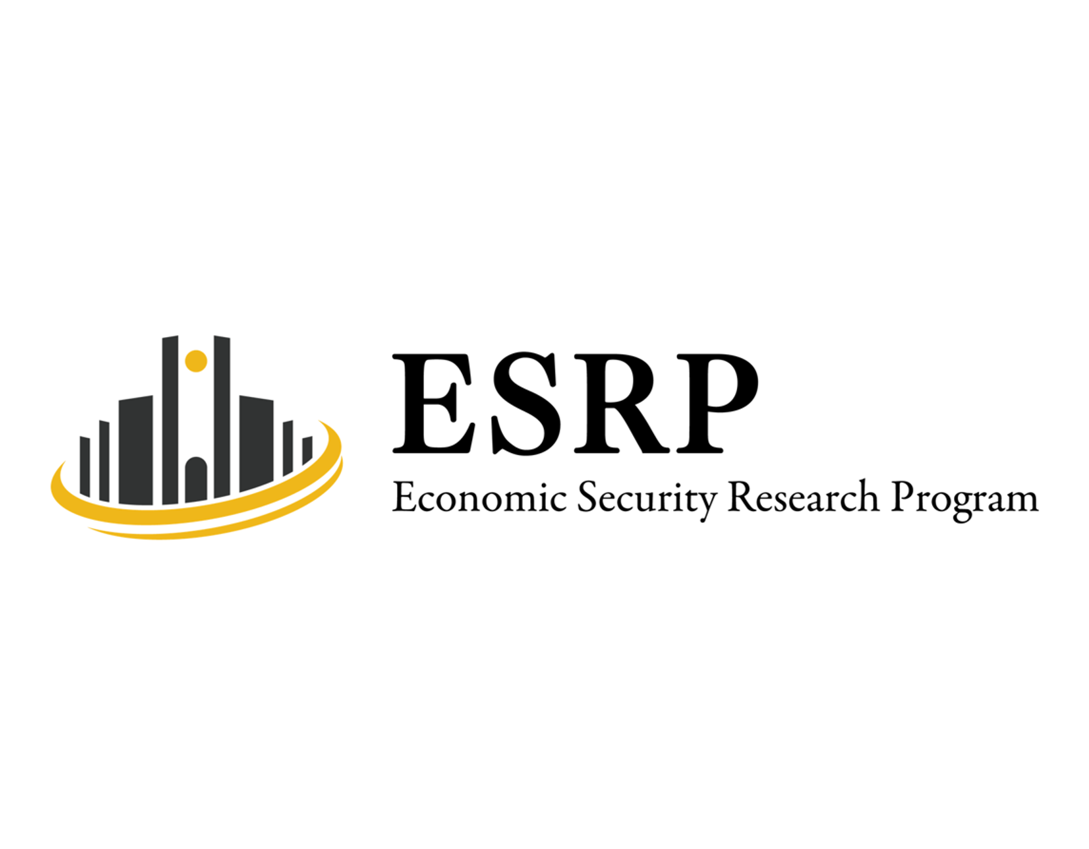先端技術と安全保障

Taiwan has become a global powerhouse in cutting-edge semiconductor manufacturing and a driving force in the next generation of AI revolution. However, due to its dynamic economic relationship and tense military relations with China, the high-tech island nation has found itself at the forefront of potential global conflict zones since the escalation of the techno-geopolitical era of comprehensive US-China competition.
As economic security becomes an increasingly important element of national security, Taiwan’s experience offers important insights into how the People’s Republic of China (PRC) has advanced its technological power. At the event, Dr. Jeremy Chih Cheng Chang, a research fellow and Director of Semiconductor Policy at DEST, a new launched public think tank in Taiwan, will explain the evolution of Taiwan's economic security framework, exploring historical perspectives and regulatory insights, and discussed lessons learned for international allies.
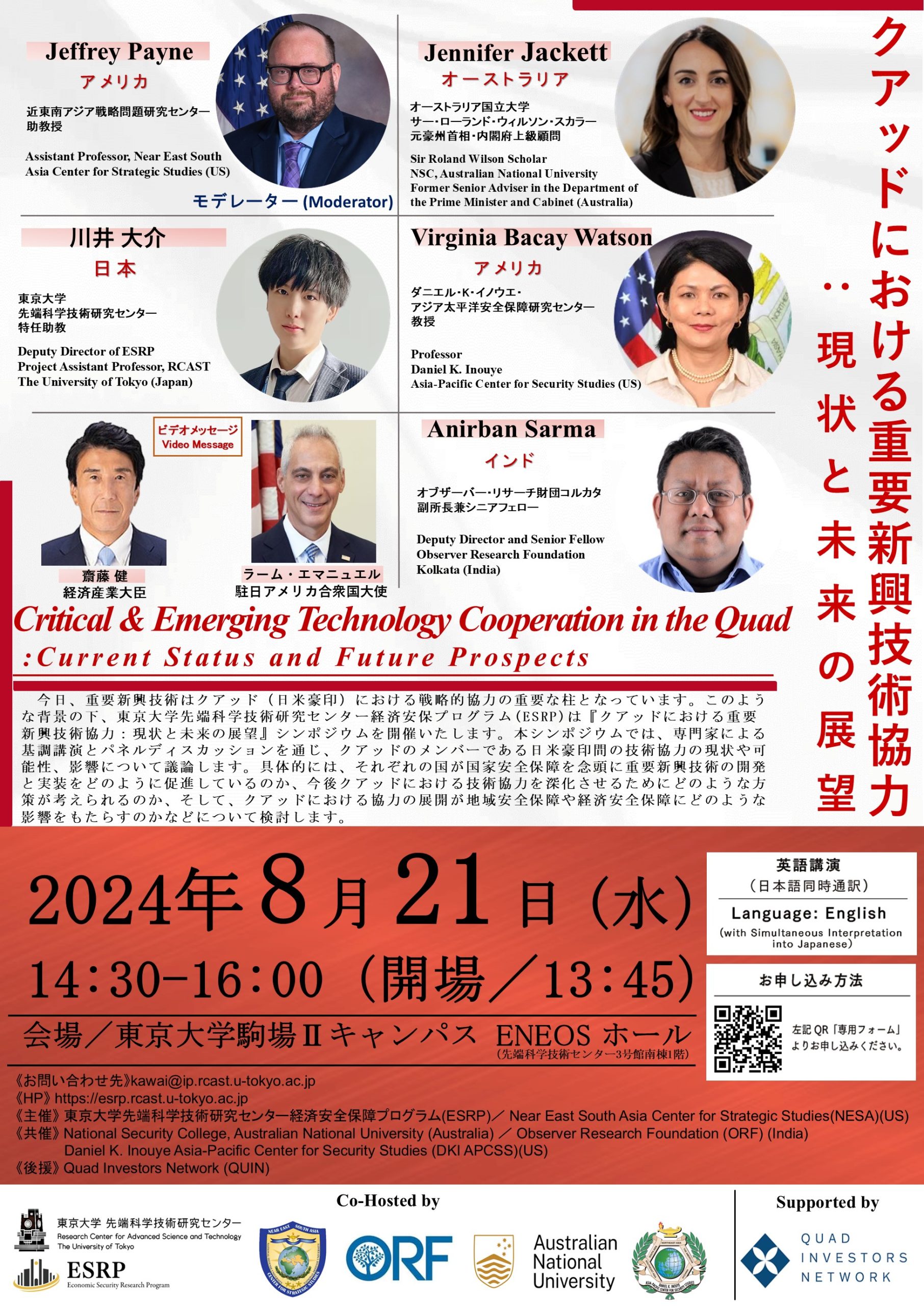
"Critical & Emerging Technology Cooperation in the Quad" symposium aims to explore the technological cooperation among the four Quad countries—the United States, Australia, India, and Japan—and its impact on regional and economic security. This event will feature keynote speeches and panel discussions by experts, focusing on how each Quad member is promoting the development and implementation of critical and emerging technologies with national security in mind. The discussions will also consider measures to deepen this cooperation and examine the Quad's efforts at the forefront of technological innovation, along with their future prospects.
This event is co-hosted by the Economic Security Research Program (ESRP) at the Research Center for Advanced Science and Technology (RCAST), The University of Tokyo (Japan)and the Near East South Asia Center for Strategic Studies (NESA) (US) in collaboration with the National Security College, Australian National University (Australia); the Observer Research Foundation (ORF) (India); the Daniel K. Inouye Asia-Pacific Center for Security Studies (DKI APCSS) (US), and is endorsed by the Quad Investors Network (QUIN).
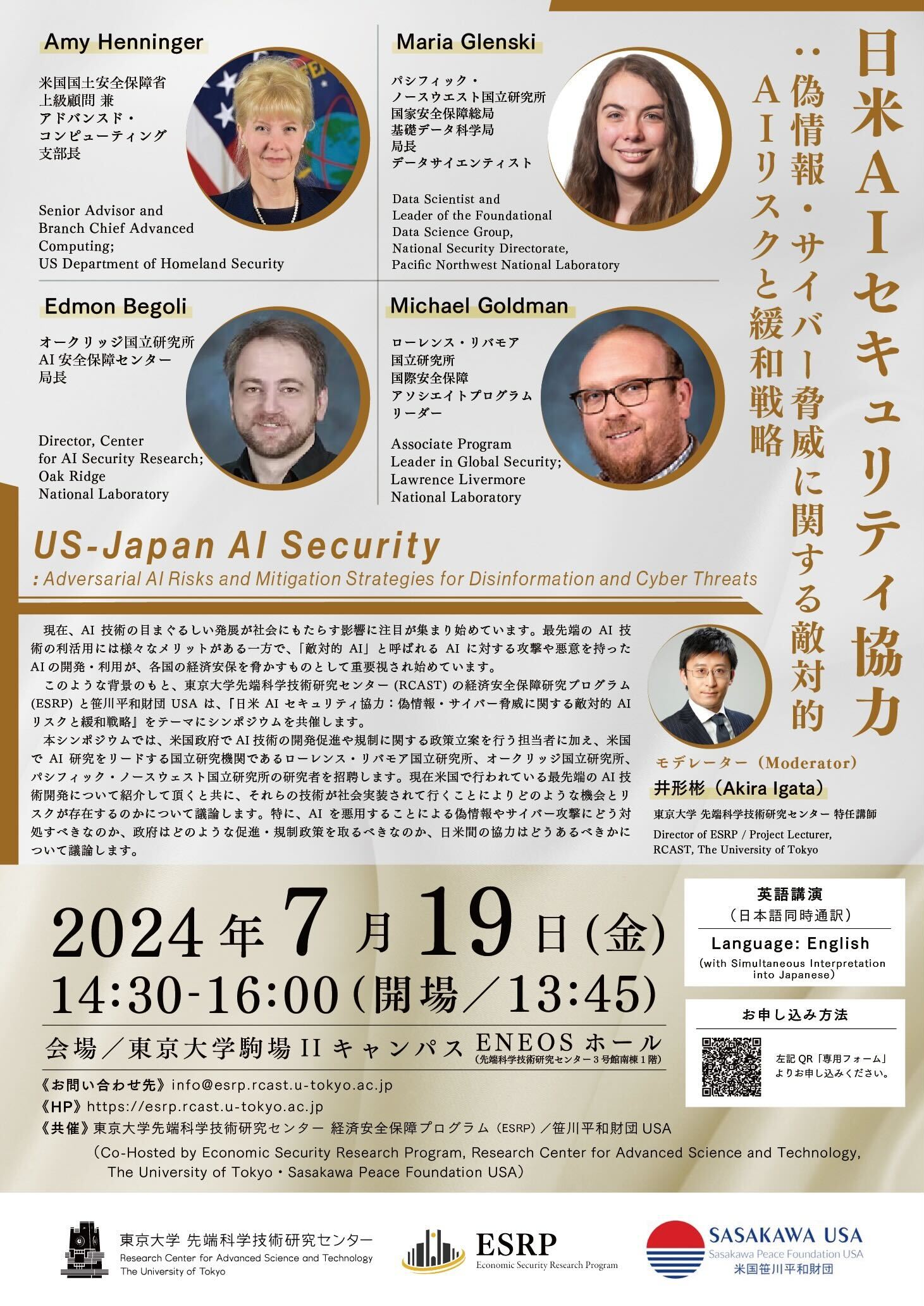
Today, there is growing attention on societal impacts of the rapid development of Artificial Intelligence. While the utilization of cutting-edge AI technology offers various advantages, the development and use of "adversarial AI," or AI with malicious intent or attacks against AI, has emerged as a serious economic security risk for nations around the world.
Against this backdrop, the Economic Security Research Program (ESRP) at RCAST, the University of Tokyo and the Sasakawa Peace Foundation USA will co-host a symposium titled "US-Japan AI Security: Adversarial AI Risks and Mitigation Strategies for Disinformation and Cyber Threats".
The symposium will feature speakers from the U.S. government in charge of developing policies to promote and regulate AI technology development, as well as researchers from Lawrence Livermore National Laboratory (LLNL), Oak Ridge National Laboratory (ORNL), and Pacific Northwest National Laboratory (PNNL), leading national research institutes for AI research in the United States. They will introduce cutting-edge AI technology developments in the U.S. and explore risks and opportunities these technologies will bring to our society. In particular, we will discuss how to deal with AI-enabled disinformation and cyberattacks, ideal promotion and regulatory means for the government, and the future of Japan-US cooperation on AI related issues.
The event report is here.
Mailing List
The earliest information about the latest event will be delivered.
Please register from the button below.


